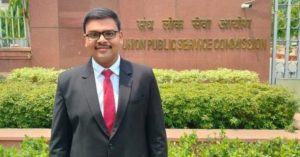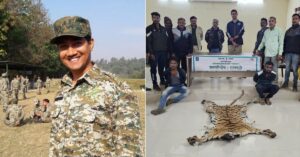PS Krishnan: The IAS Officer Who Dedicated His Life to Waging War Against Caste
His battle for social justice truly began as a young #IAS officer in rural Andhra Pradesh during the late 1950s. He broke broke new ground by camping “only in the localities where Dalits, scheduled castes and scheduled tribes lived” when he went on tour to villages. #Respect #RIP
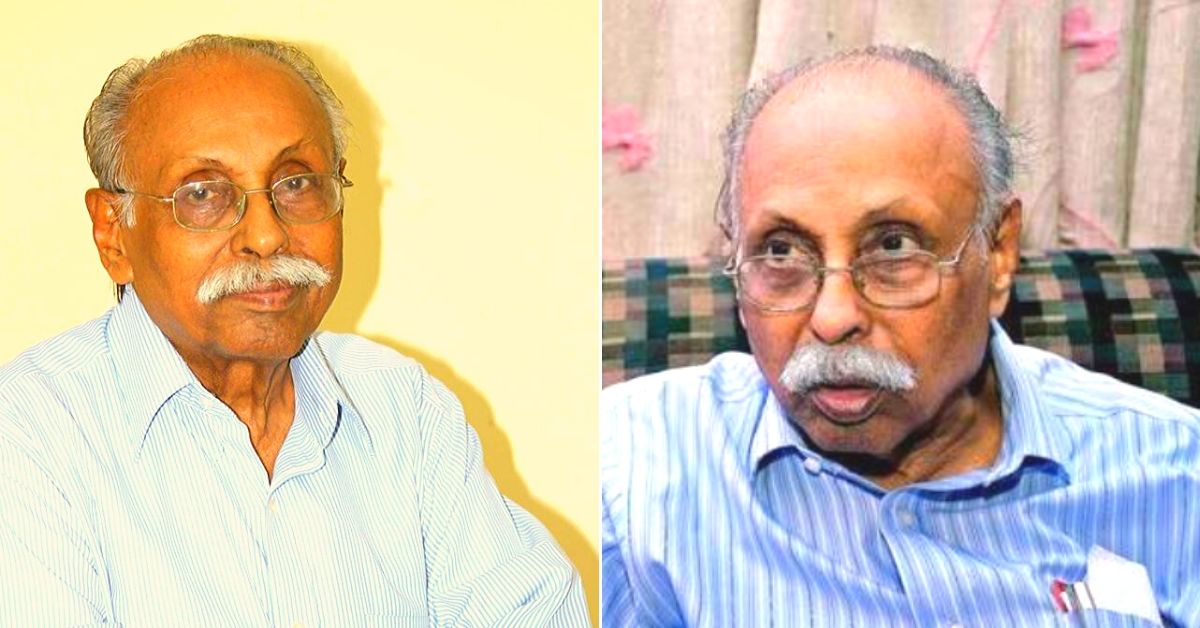
On the morning of 10 November 2019, one of India’s most distinguished civil servants, PS Krishnan, breathed his last at the age of 86 in Delhi. The 1956-batch Andhra Pradesh-cadre IAS officer dedicated his life and career to battle the evils of caste system and standing up for the depressed classes.
Krishnan was dedicated to removing caste-centric inequalities and was pivotal in the formulation of critical legislation like granting of Constitutional status to the National Commission for Scheduled Castes (SCs) and Scheduled Tribes (STs), the SC and ST (Prevention of Atrocities) Act 1989 and the implementation of the BP Mandal Commission recommendations, which batted for 27 per cent reservation for Other Backward Classes (OBC).
Born into an upper-caste home in Thiruvananthapuram, Krishnan studied at the University College (Maharaja’s Science College).
Like many fellow citizens of the province, he got involved in the progressive politics of Dr BR Ambedkar and social reformers like Periyar, Ayyankali and Sree Narayana Guru, who, among other things, battled the evils of the caste system.
Reading local publications like Kerala Kaumudi, which regularly published their writings, and seeing his father endorsing the words of Ambedkar propelled him toward what became his life-long mission.
“The turning point, when I look back, was a report I read in a daily newspaper about what Babasaheb Ambedkar said: That one in every seven Indians was an untouchable. As an 11-year-old, I could not understand what he meant by ‘untouchable.’ I thought, how could anybody be untouchable? The day I read the report, I asked him [my father], ‘Why does Ambedkar say that one in every seven Indians is an untouchable?’ My father explained very honestly about the conditions of untouchables in India. I asked him, ‘Is it not unjust?’ He said, ‘Yes, it is’,” said Krishnan in a 2016 interview with Rediff.
As an IAS officer, he sought to mould government into a proactive instrument reaching out to the deprived communities.
“In this quest, he has often met with antagonism, hostility and persecution from powerful sections, which he faced cheerfully. He has been pulled up by higher authorities, more than once, for his totally unconventional ways of governance and for upsetting the apple cart,” says an excerpt from ‘A Crusade of Social Justice’, a collection of Krishnan’s memoirs.
According to The Indian Express, an entry into his confidential report read: “Undue partiality to depressed classes, strident advocacy of inter-caste marriages, uses his knowledge of Sanskrit to debunk religion, trusts the words of the villagers rather than village officers, acts in a manner that helps subversive elements.”
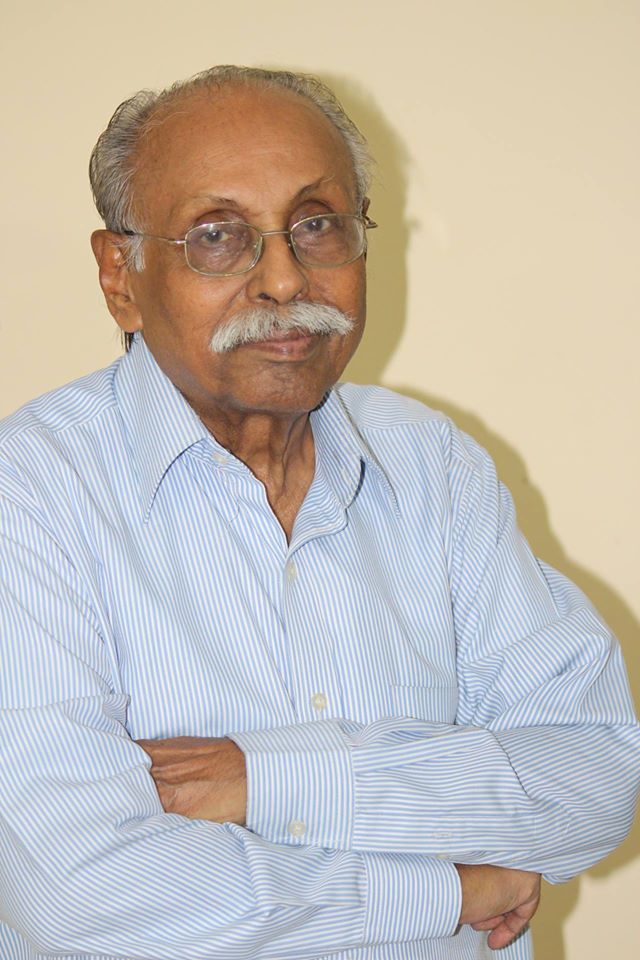
Krishnan’s battle for social justice truly began as a young IAS officer in rural Andhra Pradesh. Whenever he toured the villages, he broke new ground by camping ‘only in the localities where Dalits, scheduled castes and scheduled tribes lived’.
His presence infused in them a sense of self-esteem after living in the shadows of caste prejudice for centuries. However, it was not just pride, confidence or self-esteem he gave to the villagers, but also led massive state-backed drives for the distribution of agricultural land and housing to both the landless and homeless.
Why the emphasis on distribution of land and housing?
“So for dignity, security, and resistance to untouchability, ownership of land is important while education is required for advancement. If you have irrigated land, you get the wherewithal to educate your children. When you don’t have this, you have to fall back on child labour as they are also required to contribute to the family income. But once they get some income through irrigated land, their children will be free to pursue education,” Krishnan told Rediff.
However, the long-enduring impact of his work was felt at the Centre, where he played an instrumental role in formulating landmark legislation like the 65th Amendment to the Constitution that led to the creation of National Commission of Scheduled Castes and Scheduled Tribes, a Constitutional body, in 1992.
Krishnan also played a critical role in the formulation of the Employment of Manual Scavengers and Construction of Dry Latrines (Prohibition) Act, 1993 (and the amended version) and obtaining a place for Dalit Buddhists in the Scheduled Caste list.
Also Read: ‘Cherished My Attention to Integrity’: What Former CEC TN Seshan Said About Himself
As part of the Ministry of Social Justice in 1989, he led efforts to implement the Mandal Commission recommendations. Such was his drive to crush the evils of the caste system that some of his colleagues thought that he was a Dalit, which ironically sheds light on the caste discrimination prevalent among his fellow IAS officers.
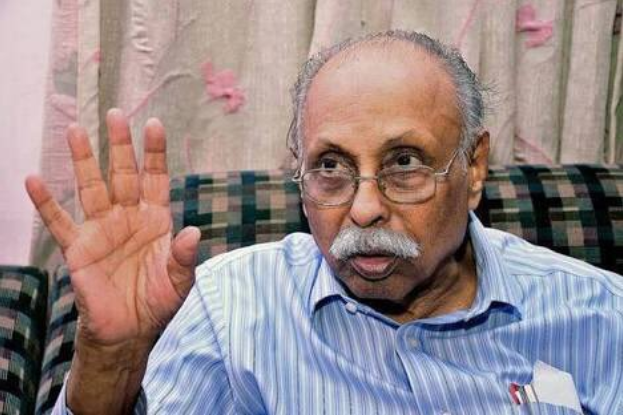
Following his retirement, the Government of India sought his advice on a whole host of issues related to social justice.
It was not about engaging in unnecessary polemics or culture wars, but about making legislation to render caste inequalities irrelevant. Krishnan believed that India could battle the caste discrimination from within the system, and dedicated his life to it.
India should truly be grateful for the services of this genuine social justice warrior.
(Edited by Saiqua Sultan)
Like this story? Or have something to share? Write to us: [email protected], or connect with us on Facebook and Twitter.
This story made me
-
97
-
121
-
89
-
167
Tell Us More
We bring stories straight from the heart of India, to inspire millions and create a wave of impact. Our positive movement is growing bigger everyday, and we would love for you to join it.
Please contribute whatever you can, every little penny helps our team in bringing you more stories that support dreams and spread hope.






